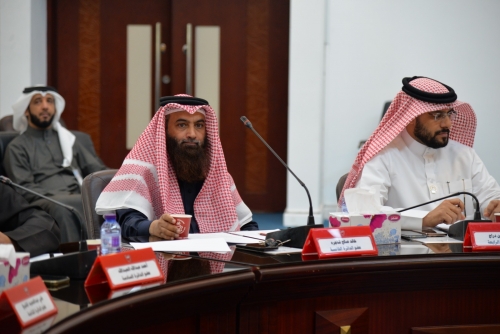Southern Councillors back diesel emissions cut with existing technology
TDT | Manama
Email: mail@newsofbahrain.com
Southern councillors have given the nod to a plan to cut toxic diesel fumes by making better use of technology already built into modern vehicles.
The move, expected to knock out more than 95 per cent of harmful emissions, has been sent to the government for review.
The Southern Municipal Council agreed yesterday without objection to the proposal, which aims to deal with pollution from nitrogen oxides (NOx) – a key cause of smog and lung disease.
These gases make up nearly half of all harmful emissions from transport and industry combined, turning city air into a lingering health hazard.
Warning
Councillor Khalid Saleh Shajra, who put forward the idea, warned that people with breathing problems were paying the price.
“The issue isn’t only about cleaner air — it’s about protecting people’s health,” he said. “These fumes make life harder for those already struggling to breathe, and we can’t keep turning a blind eye.”
Shajra stressed that diesel emissions from vehicles of all sizes were a leading cause of pollution, forming smog that seeps into the soil, water, and lungs of those who breathe it in.
Studies
He pointed to studies showing nitrogen oxides account for half of all harmful emissions, their role in worsening air quality, and their link to respiratory disease.
“The World Health Organisation links these emissions to around 100,000 deaths a year — the numbers speak for themselves,” he said.
The plan calls for activating direct injection technology in diesel vehicles, a system that automatically adds Diesel Exhaust Fluid (DEF) to the exhaust, breaking down harmful gases before they hit the air.
Emissions
“The tech is already there, it works, and it’s easy to put in place,” Shajra said. “If we get on with it, we’ll knock out more than 95 per cent of these emissions.”
By law, municipal councils pass their decisions and recommendations to the minister responsible for local affairs.
The minister has a fortnight to object if a proposal strays beyond the council’s powers or goes against government policy.
Final call
If the council sticks to its position, the matter goes to Cabinet for a final call.
The proposal now sits with the ministry. Councillors are hopeful the government will give it the green light.
“Cutting air pollution is in everyone’s interest — this is a step in the right direction,” Shajra said.
Related Posts

